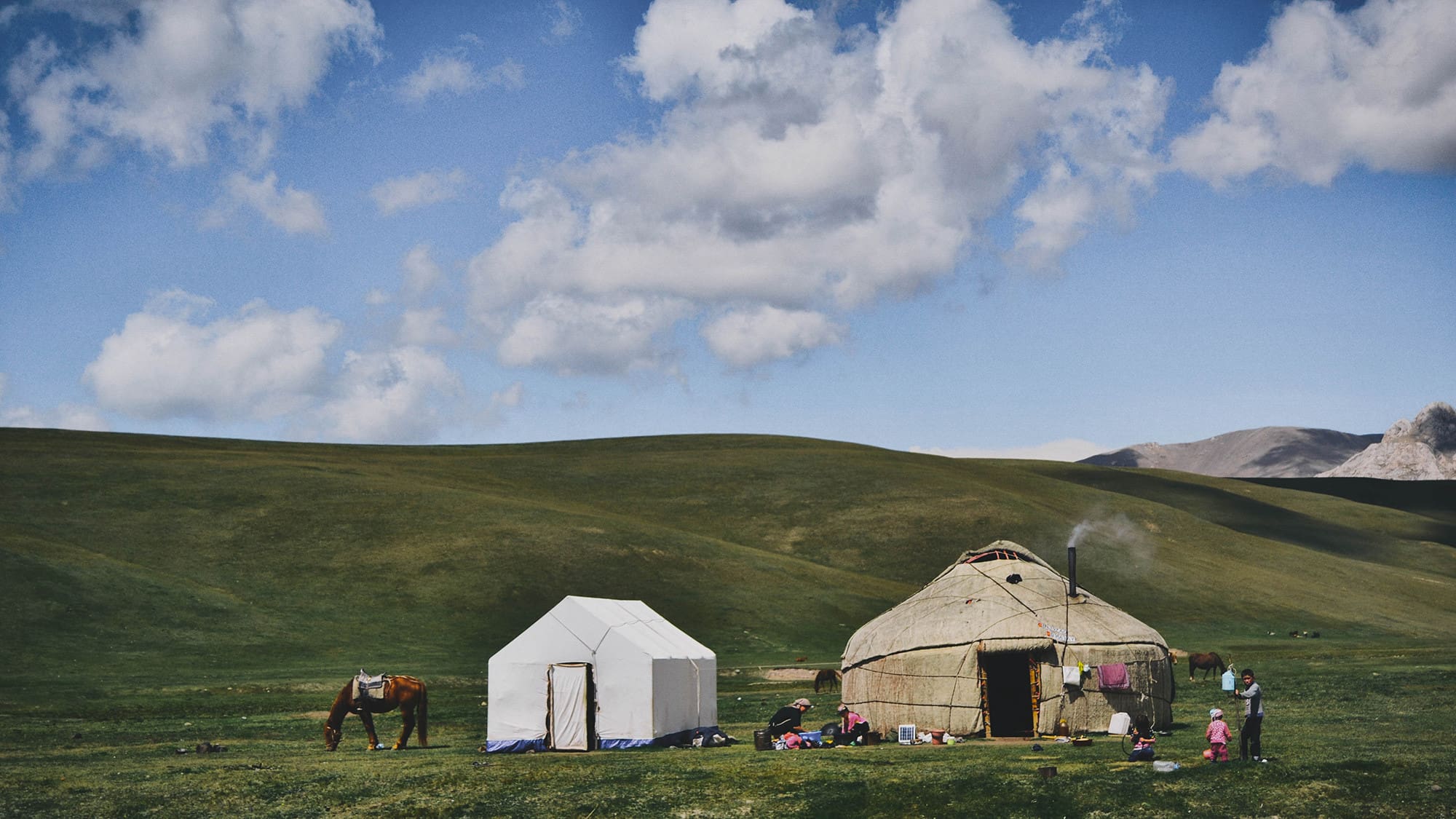What do you think of when you think of patience?
For me, the answer to that can so easily be just waiting for something to happen. But what if I told you that patience is actually active? What if it is an action, not just a sitting around? What if I told you that just sitting around and “waiting” is actually incredibly lazy? What if I told you that is just running from the fear of responsibility?
Okay, so then what is actual patience?
A few mornings ago, I went to the beach to watch a sunrise with some friends. The tide was really low and coming in. Over the span of about 30 minutes, I stood at the edge of the water and watched wave after wave crash towards the beach. With each wave came the hope of the tide rising. Yet, with each wave there was seemingly no progress. What I noticed in this time is that the tide being lower was actually allowing the early-morning surfers to go further and further out into the ocean. The surfers were able to catch waves even bigger than normal.
This is a lot what patience looks like.
Patience isn’t waiting for God to move in a certain area and doing nothing until then. Patience is hoping God moves in a certain area, but opening our eyes to what He is doing right now. Patience isn’t just watching wave after wave until the tide has come in. Patience is realizing the joy that the Lord is creating in that moment for the surfers. Patience is choosing to rejoice in the current, even if the future is unknown.
The first characteristic of patience comes from Genesis 29 where Jacob waits to marry Rachel. He gets tricked into marrying Rachel’s sister, Leah, and ends up having to wait 14 years for Rachel instead of 7. During that time, Leah has 4 children with Jacob. The first 3 children Leah had gave her hope of gaining affection from Jacob. It never happened. With her final son she says, “This time I will praise the Lord” and she names him Judah. There is a truth in this passage about waiting. Joy in the Lord needed to be learned before the final promise was given.
The second characteristic of patience comes from Ezekiel 37 where God brings Ezekiel to a valley of dry bones. God asks Ezekiel if the bones can live. Ezekiel says, “Oh Lord God, you know”. Seems super spiritual right? What if I told you that this answer was actually incredibly cowardly?
The obvious answer is yes. Ezekiel knows who he is talking to. He is talking to the God who laid out the universe in the span of His hand… the creator of all things. Ezekiel doesn’t say yes. Instead, he takes the easy way out… he absolves himself of all responsibility… and he basically says, “well God you work in mysterious ways”. The response wasn’t faith but fear. It was no secret to Ezekiel that God could do anything, but Ezekiel didn’t want the responsibility of such a dark situation.
See these bones weren’t just barely dead. They had been dead for years, and contextually they were people that were completely unloved… there was nobody to actually give them a proper burial. Ezekiel understood that if he said yes, the next thing God would say is “speak to them”.
In His mercy, Yahweh then commands Ezekiel to prophesy to the bones. He starts with an invitation to Ezekiel that Ezekiel denies. In mercy, God then commands Ezekiel with a second chance. The bones start to come alive, but they have no life. Then God commands Ezekiel to not settle for something that looks alive but actually isn’t. Ezekiel then has to prophesy one more time to give them breathe. The truth here is that patience isn’t absolving yourself of responsibility.
The final characteristic of waiting, that I want to share, comes from multiple passages. The truth is that waiting cannot just be holding on until you escape.
In Exodus 16, the Israelites received daily manna in the wilderness. They weren’t allowed to save the extras for the next day. The Lord created a daily dependence on Him, through active waiting.
The entire story of Job isn’t just a man who walked through a lot of hard stuff. It isn’t just about endurance. The very first verse of Job describes him as a man who was blameless and upright. A man who feared God and turned away from evil. This is really different than a lot of old testament characters. Notice how it doesn’t say that Job loved God? Job then walks through 30+ chapters of crazy hardship. Finally, God questions Job about his grumbling. God basically asks Job, “who are you to question me?” Then do you know what Job’s final response to God is, in chapter 42? He says, “My ears had heard of You, but now my eyes have seen You”. Do you see what happened to Job in this waiting? Job went from a man who had only heard about God to a man who had seen God. He went from a man who knew about God to a man that knew God.
In the story of the Prodigal Son (Luke 15), we see even more mercy in the waiting. After the boy had run away and wasted all his money, we find him living among pigs. We are told that he longed to eat the pig food, but nobody gave him anything. And WHAT MERCY that is. Think about what would have happened is somebody gave him the pig food? The mercy of God in the waiting was to leave this boy empty until he realized that his only hope was to return to his father’s house.
In Exodus 14, the Israelites cross the Red Sea. But after they get through, God makes Moses turn back around and collapse the sea, killing the Egyptians. This is significant. Think about it. The Egyptians were in chariots. The Israelites were on foot. If the Israelites just kept running, the Egyptians would have caught up to them, after they got through the sea. In the same way, patience is not simply escaping. We can’t just escape Egypt. We need God to kill the thing that is holding us captive. If not, it will just catch back up to us in a future season of life.
Isaiah prophesies in Isaiah 43 that the Lord is doing a new thing. He asks, “Do you not perceive it. Do you not see it?” Patience isn’t just staring at the waves. Patience is choosing to see the joy of the big waves the surfers get to venture out to.
Don’t ever settle for just escaping a season of life that is hard. Choose to have eyes that look for where He is moving, while still hoping. Be willing to walk the long road. Be willing to sew where you might not see fruit. Be willing to fight for healing. Never grow content to just escape.
There is this beautiful analogy in scripture of wineskins. Matthew 9 shares that we can’t pour new wine into old wineskins. There is actually science behind this. The fermentation process would cause the wineskins to grow hard and rigid. If you tried to put new wine into a used wineskin, it couldn’t handle a second fermentation process. The wineskin would explode, ruining both the wineskin and the wine. However, there is one way that you can restore an old wineskin to handle new wine. You have to soak the wineskin in oil and massage it vigorously.
What beautiful imagery! How often do we want the new wine… the blessing? And how often do we miss it because we are unwilling to be patient with the process? God knows that He needs to massage us and mold us… not just for our sake, but also for the sake of what gift He is trying to bring (both the wine and wineskin would be ruined). And that massaging is painful. It is hard. But without choosing to see the beauty of that waiting season, we will never experience the new wine.
Patience is really hard, but the Lord is challenging me with it more and more, and it is SO SO good. He is challenging me to be brave enough to say yes to the full process of waiting/patience.
“No hay nada, nada mejor que mi dios”





